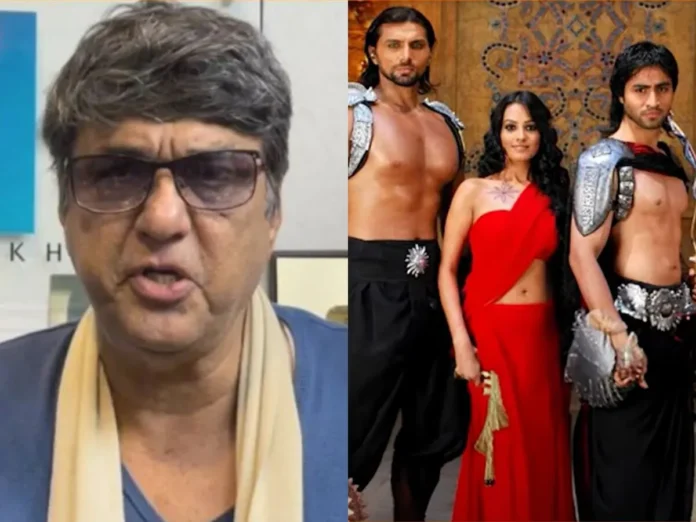Mukesh Khanna, best known for playing Bhishma Pitamah in the 1988 TV series Mahabharat, has openly criticized Ekta Kapoor’s modern version of the epic. Khanna is unhappy with the way key characters are portrayed, believing that these changes take away from the original story’s sacredness.
Khanna is especially upset about how Draupadi, an important character in the Mahabharat, is shown in Kapoor’s version. He strongly disagrees with the decision to give Draupadi a tattoo, seeing it as unnecessary and disrespectful. To Khanna, this modern change harms Draupadi’s traditional image as a symbol of dignity and virtue in the epic.
Khanna also has issues with how the Pandavas are depicted in the new version. He feels that Kapoor’s portrayal makes them look more like fashion models than the noble heroes they are meant to be. Khanna argues that this focus on appearance takes away from the true essence of the Pandavas, who are traditionally seen as examples of righteousness and duty.
Ekta Kapoor’s adaptation of the Mahabharat is known for its modern take, which appeals to today’s audiences. However, Khanna’s criticism points out the challenge of balancing traditional interpretations with creative new ideas. His comments highlight a bigger discussion about how much creative freedom should be allowed when retelling classic stories while still respecting their cultural and historical importance.
This controversy brings up important questions about how ancient texts should be adapted for modern times. While new versions can bring these stories to life for younger generations, they can also upset those who prefer traditional views. Mukesh Khanna’s criticism reminds us that there are different opinions on how such important stories should be retold.
As the debate goes on, many are watching to see how Ekta Kapoor will respond to Khanna’s concerns. The outcome could influence how future adaptations of classic epics are created and received by audiences.

